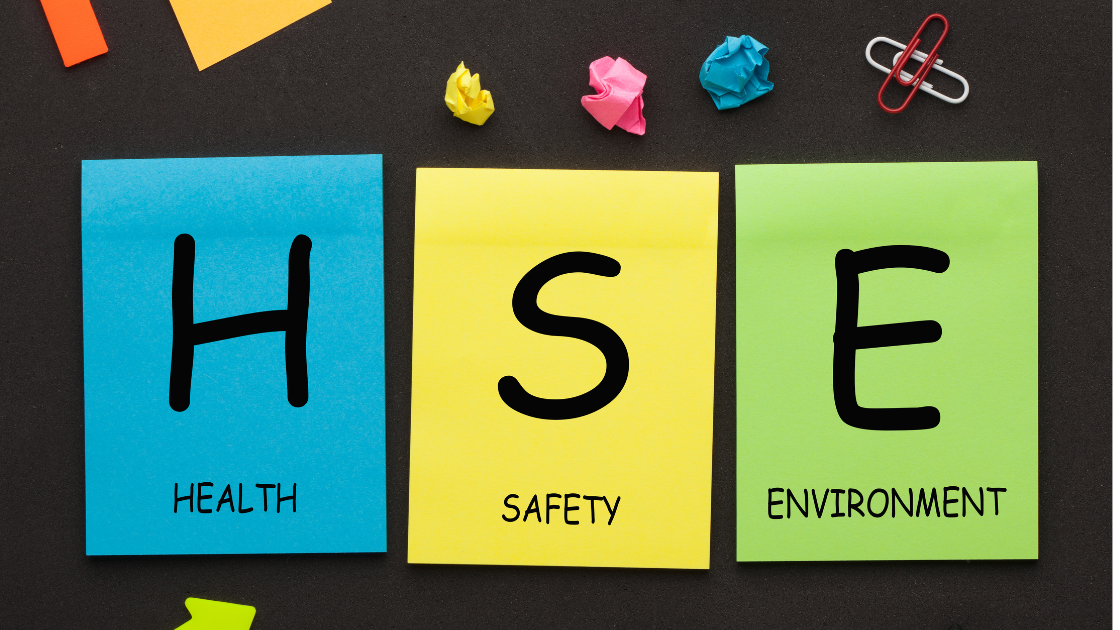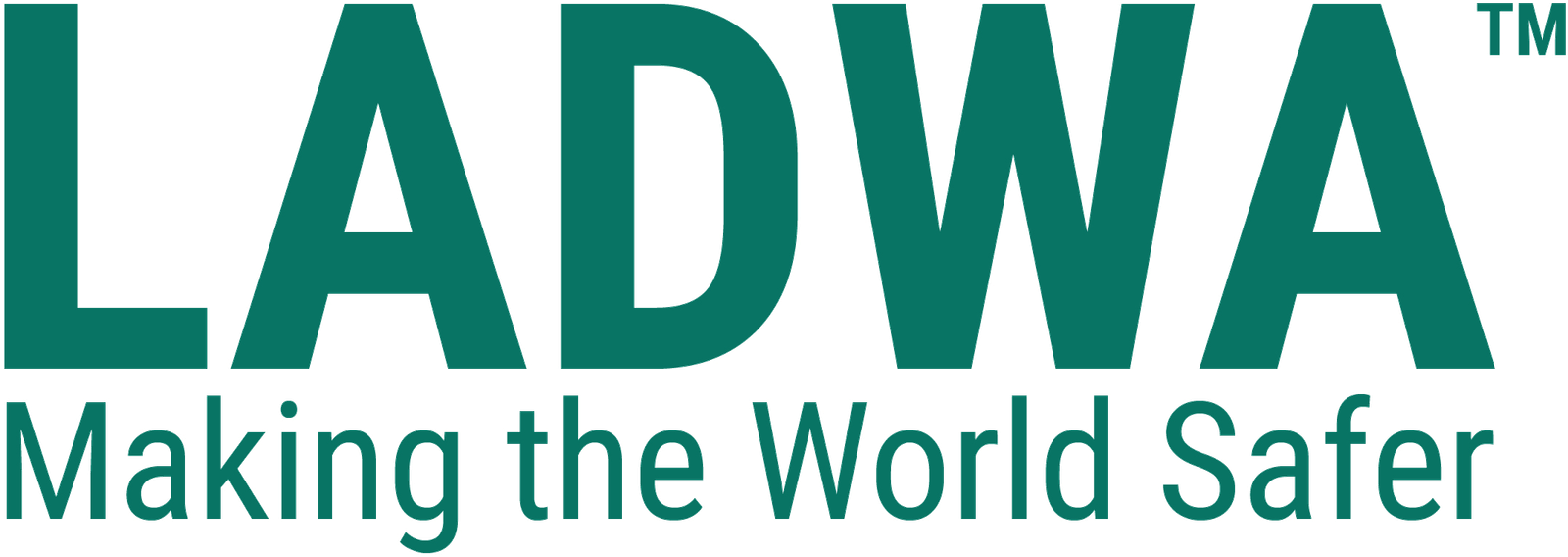Introduction:-
Environment, health, and safety (EHS) is a discipline that focuses on protecting the environment and the health and safety of people. It encompasses a wide range of activities, including the identification and assessment of environmental and safety hazards, the development and implementation of policies and procedures to mitigate those hazards, and the monitoring and reporting of compliance with laws and regulations related to the environment and occupational health and safety. EHS professionals work in a variety of industries, including manufacturing, construction, and healthcare, to ensure that the organizations they work for are operating in a safe and sustainable manner.
Why Is EHS Important?
EHS, standing for Environment, Health and Safety, is crucial for several reasons:
Protects People and the Planet: EHS practices safeguard both employees and the environment. It minimizes risks of workplace injuries and illnesses for workers, while also ensuring responsible use of resources and minimal pollution or harm to the environment.
Compliance with Regulations: EHS regulations exist to enforce safety standards. By following EHS protocols, companies avoid hefty fines and legal repercussions that can arise from non-compliance.
Boosts Employee Morale and Productivity: A safe work environment with strong EHS practices fosters a sense of well-being and trust among employees. This can lead to higher morale, reduced absenteeism, and ultimately, greater productivity.
Maintains a Positive Reputation: Companies with a strong EHS record are seen as responsible and trustworthy. This enhances their public image and can give them a competitive edge in attracting customers and investors.
Reduces Costs: Proactive EHS measures can prevent accidents and illnesses, saving money on medical expenses, worker compensation claims, and downtime due to injuries.
How EHS Helps Industries
EHS (Environment, Health, and Safety) programs offer a wide range of benefits across various industries. Here’s a breakdown of how EHS helps different sectors:
Manufacturing:
Reduced Risk of Accidents: Manufacturing facilities often involve hazardous materials and machinery. EHS protocols minimize accidents by emphasizing proper handling procedures, safety gear usage, and hazard identification.
Environmental Responsibility: EHS ensures proper waste disposal, emission control, and sustainable practices, reducing the industry’s environmental footprint.
Construction:
Enhanced Worker Safety: Construction sites are inherently risky. EHS focuses on fall protection measures, safe operation of heavy machinery, and protocols for handling hazardous materials, significantly lowering worker injury rates.
Reduced Legal Issues: Strict safety regulations govern construction. EHS compliance helps avoid costly fines and legal action stemming from safety violations.
Healthcare:
Patient and Staff Safety: EHS prioritizes measures to prevent the spread of infections, ensure proper handling of medical waste, and promote a safe working environment for healthcare staff.
Reduced Hospital-Acquired Infections: Stringent EHS protocols minimize the risk of patients contracting infections while in medical facilities.
Energy and Utilities:
Accident Prevention: EHS safeguards workers in power plants, refineries, and other energy facilities from hazards like electrical dangers, explosions, and exposure to toxic substances.
Environmental Protection: EHS mandates protocols for safe handling and storage of hazardous materials used in energy production, minimizing environmental risks.
Overall, EHS programs play a vital role in ensuring the safety and well-being of workers across industries. They also promote environmental responsibility, legal compliance, and cost savings, making them essential for businesses of all sizes.

How EHS Helps Organisations
EHS helps organizations in several ways:
- Compliance: EHS professionals ensure that the organization is in compliance with all relevant laws and regulations related to the environment and occupational health and safety, which can help avoid penalties and fines.
- Risk Management: EHS professionals identify and assess potential hazards and implement policies and procedures to mitigate or eliminate those hazards, reducing the risk of accidents, injuries, and environmental incidents.
- Cost savings: Implementing EHS programs can help organizations save money by reducing waste, conserving resources, and minimizing the costs associated with accidents, injuries, and environmental incidents.
- Reputation: A strong EHS program can help an organization maintain a positive reputation with the public and regulators, and can help attract and retain customers and employees.
- Sustainability: EHS professionals also helps in sustainability which is becoming an increasingly important focus for many organizations. Implementing sustainable practices can reduce the organizations’ environmental impact, and can also help improve its bottom line by reducing costs and increasing efficiency.
- Employee health and well-being: EHS programs also help to promote the health and well-being of employees by providing a safe and healthy work environment, which can lead to increased productivity and morale.
- Legal protection: EHS professionals can help organizations to protect themselves from the legal issues that can arise from accidents, injuries, and environmental incidents by implementing policies and procedures that help to minimize risk and demonstrate a commitment to safety and compliance.
In conclusion, Environment, Health and Safety (EHS) is a critical discipline that helps organizations to protect the environment, the health and safety of their employees and comply with laws and regulations. EHS professionals play a crucial role in identifying and assessing potential hazards and implementing policies and procedures to mitigate or eliminate those hazards. Implementing EHS programs can help organizations save money, maintain a positive reputation, promote sustainability and employee health and well-being and protect themselves from legal issues. An effective EHS program can ultimately help organizations to operate in a safe and sustainable manner, which can have a positive impact on the organization’s overall performance and success.








